Science writer and editor
Megdell joined the University of Michigan Rogel Cancer Center communications team in 2022. Prior to that she served as the natural sciences writer for the University of Michigan College of Literature, Science, and the Arts. Contact: [email protected]


Health Lab
At-home test can detect tumor DNA fragments in urine samples, providing a non-invasive alternative to traditional blood-based biomarker tests
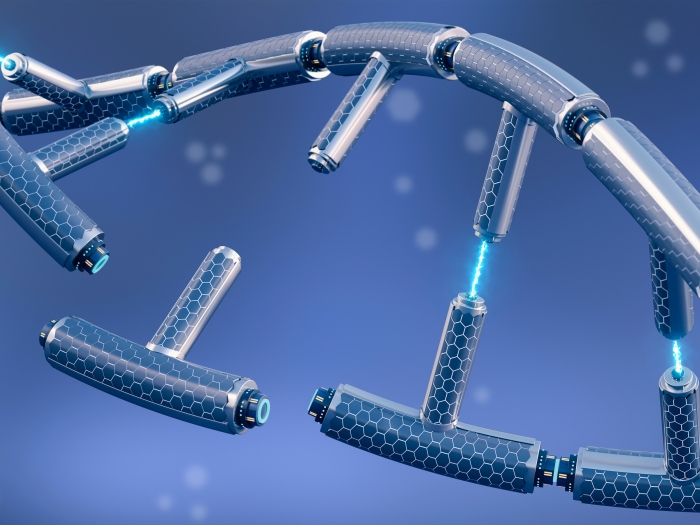
Health Lab
Findings from researchers at the University of Michigan Health Rogel Cancer Center, published in Cancer Discovery, show how a specific nucleotide metabolite called GTP controls responses to radiation and chemotherapy in an unexpected way.
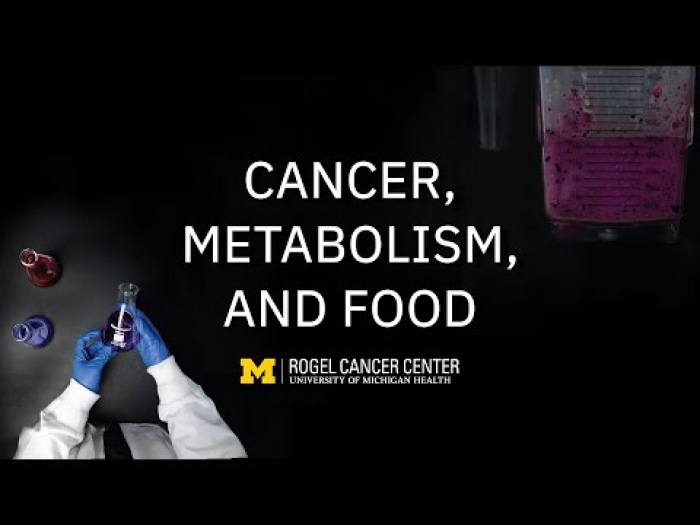
Health Lab
Metabolism pathways make tumors sensitive or resistant to treatments. A collaborative group leverages these avenues to explore the growing foundation of new potential therapies

Health Lab
University of Michigan Rogel Cancer Center researchers are unraveling its nuances, advancing enabling technologies, advocating for patients and figuring out how to ethically integrate this technology into clinical care.

Health Lab
Early findings of two studies from the University of Michigan Rogel Cancer Center shed light on new ways to anticipate recurrence in HPV-positive head and neck cancer sooner. The papers, published in Cancer and Oral Oncology, offer clinical and technological perspectives on how to measure if recurrence is happening earlier than current blood tests allow, and provide a framework for a new, more sensitive blood test that could help in this monitoring.
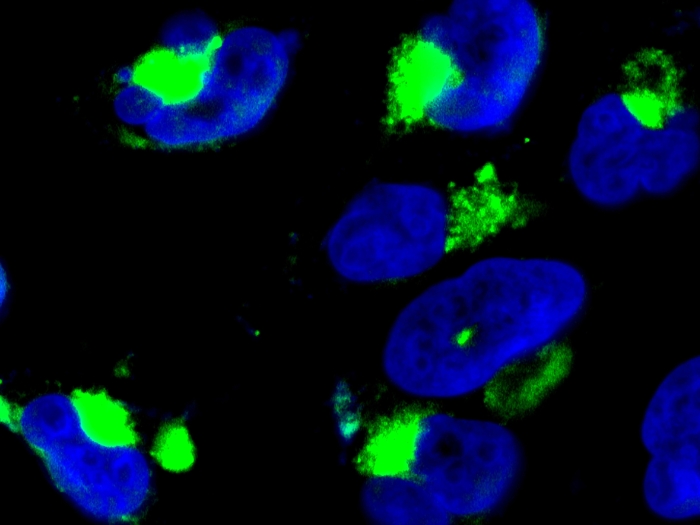
Health Lab
Research from the University of Michigan Department of Neurosurgery and Rogel Cancer Center shows promising early results that a therapy combining cell-killing and immune-stimulating drugs are safe and effective in extending survival for patients with gliomas, a highly aggressive form of brain cancer.
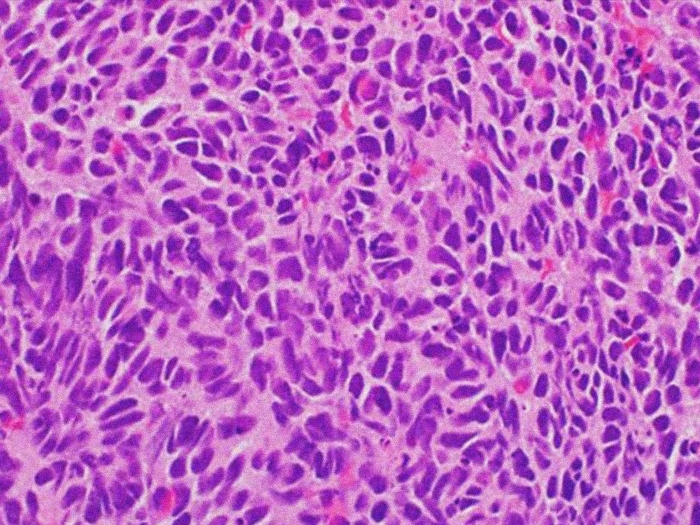
Health Lab
A study from the University of Michigan Rogel Cancer Center uncovers a new mechanism to explain why some prostate tumors switch from a common, treatable form to a more rare and aggressive form of prostate cancer.

Health Lab
A study from clinicians and researchers at the University of Michigan Rogel Cancer Center reveals findings from over 800 clinical assays performed for kidney patients with MiTF family gene mutations.
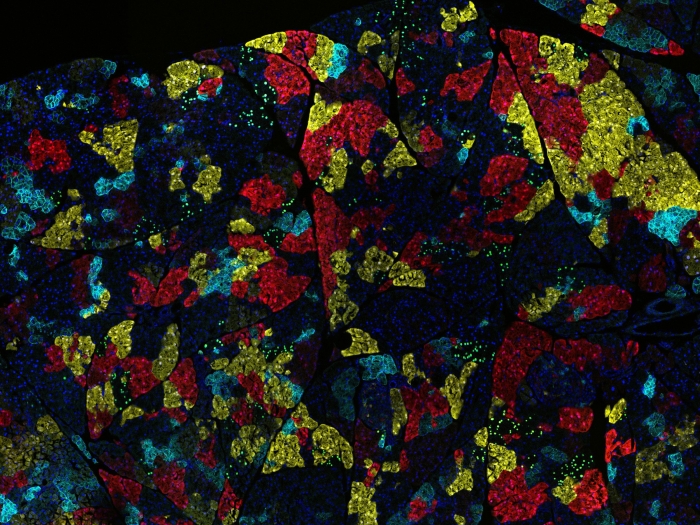
Health Lab
Sugar free: investigator finds cancer cells use a new fuel in absence of sugar
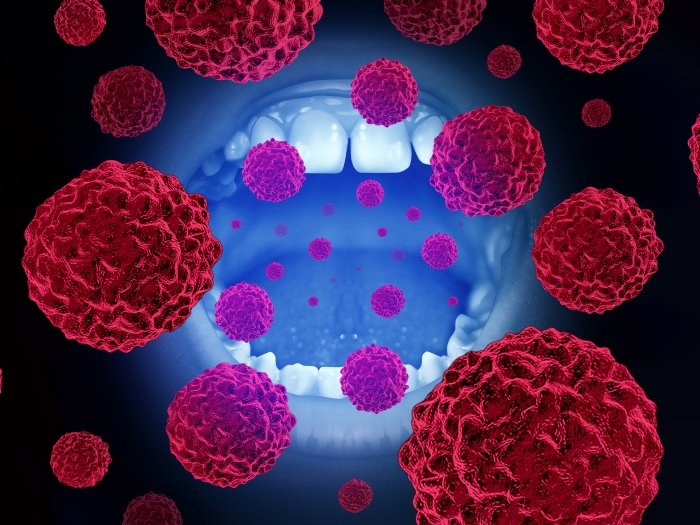
Health Lab
A team of Michigan Medicine researchers have identified a mechanism in mice for how obesity affects some oral cancers’ ability to escape from the immune system.
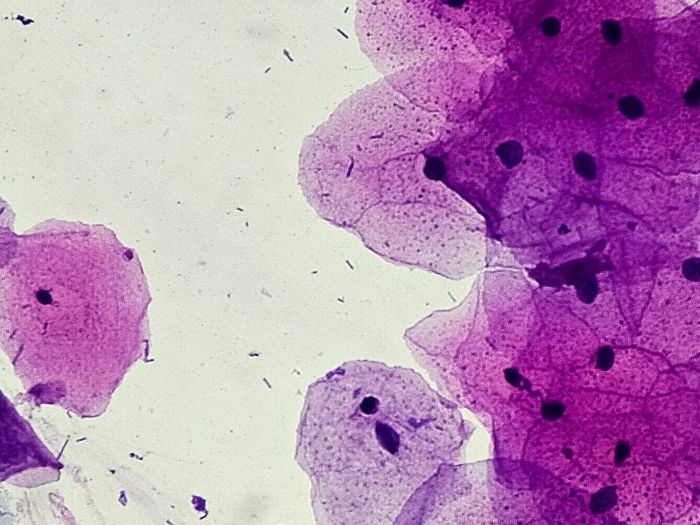
Health Lab
Researchers at Michigan Medicine have identified a new metric to articulate the relationship between nerve density and oral cancer. The study investigated normalized nerve density to translate previous mechanistic studies into a context that could be used in the clinic.
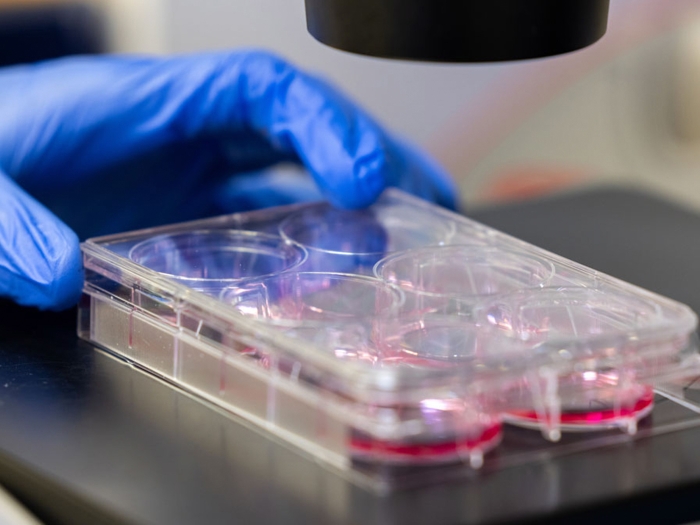
Health Lab
By feeding T cells in the lab, researchers revealed a new metabolic pathway that could help make immunology more effective.
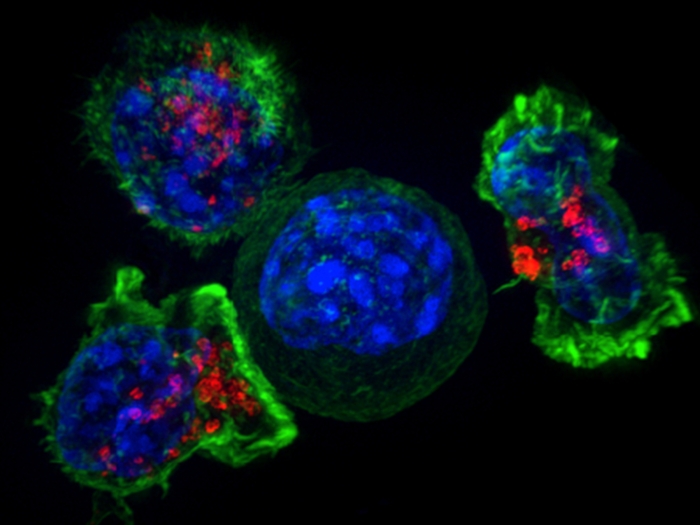
Health Lab
For some patients, immunotherapy furthers tumor progression instead of halting it. What distinguishes those who benefit from those who don’t?
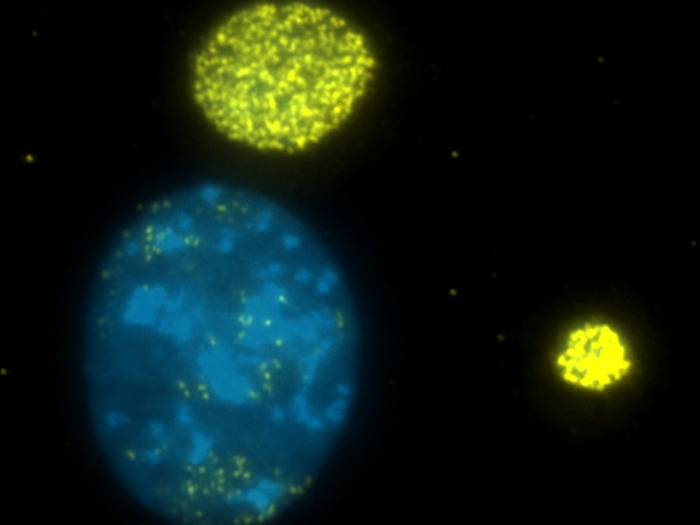
Health Lab
In mouse models and serum samples, an FDA-approved drug that lowers ammonia levels made the tumors more sensitive to treatment.
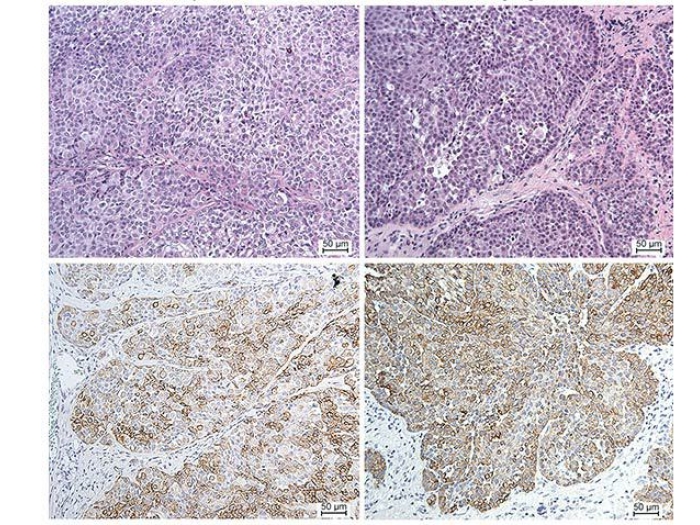
Health Lab
Mouse models show that activating a non-mutated form of the gene could lead to developing therapies for this deadly form of cancer.